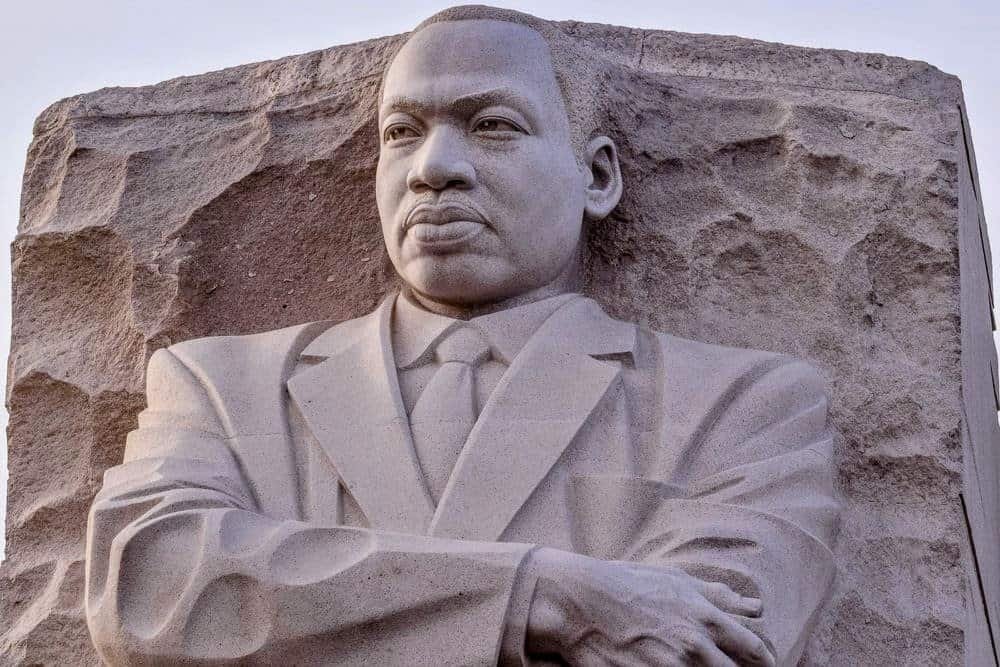
Why Jesus Refuses to Fit Our Political Boxes
In today’s polarized world, people seem to want Jesus on their side. Christian nationalists claim Him as the ultimate conservative, justifying legalistic rules, rigid moral policies and political control. Meanwhile, social liberals paint Him as a radical progressive, a revolutionary fighting for systemic change. Both perspectives twist His mission to fit human politics.
But Jesus wasn’t conservative. He wasn’t liberal. He wasn’t here to back any earthly system at all. His kingdom operates on a completely different level.
Key Scripture Passage: John 18:36
Jesus answered, ‘My Kingdom is not an earthly kingdom. If it were, my followers would fight to keep me from being handed over to the Jewish leaders. But my Kingdom is not of this world.’
The Problem: Forcing Jesus into Human Politics
Cultural & Historical Context: The Expectations of a Political Messiah
Many Jews expected the Messiah to be a political liberator—someone who would overthrow Roman rule and restore Israel’s independence. Even Jesus’ disciples asked, “Lord, has the time come for you to free Israel and restore our kingdom?” (Acts 1:6). But Jesus consistently rejected political power.
Jesus Confounded Every Side
To the Conservatives (Pharisees), He Was Too Radical
The Pharisees were the religious elite, deeply devoted to upholding the law. They believed righteousness came through strict adherence to rules, rituals, and traditions. Yet, Jesus disrupted their expectations by prioritizing love, mercy, and justice over rigid legalism.
To the Revolutionaries (Zealots), He Was Too Passive
To Everyone, He Was Unpredictable
His mission was never about enforcing laws or seizing political power. Instead, He called everyone—rich and poor, moral and immoral, oppressor and oppressed—to repent and enter His Kingdom.
His message was simple yet profound: “The Kingdom of God is near! Repent of your sins and believe the Good News!” (Mark 1:15).
Jesus didn’t come to take sides. He came to take over, bringing a Kingdom unlike any the world had ever seen.
Action Steps: How to Follow Christ Beyond Politics
The temptation to attach Jesus to a political ideology is strong. Both conservatives and liberals claim Him to justify their vision of society, but Christ does not fit neatly into any human system. Instead, He calls His followers to a higher allegiance—the Kingdom of God. This means living in a way that reflects His truth, love, and justice, regardless of political trends.
Here’s how we can remain faithful beyond politics:
1. Stop Looking for a Political Savior
Earthly leaders will always fall short. Jesus alone is King.
It’s easy to fall into the mindset that if we just elect the right leaders, pass the right laws, or gain enough cultural influence, we can bring about righteousness. But history shows that no human government has ever truly embodied the values of Christ.
Political leaders can do good or evil, but none of them can replace Christ. Our hope should never be in a party, a policy, or a leader—only in Jesus.
Don’t put your confidence in powerful people; there is no help for you there.
Psalm 146:3 (NLT)2. Focus on Kingdom Values, Not Party Lines
Love, justice, truth, and mercy transcend human systems.
Political ideologies often force us into false choices. They tell us that if we care about justice, we must abandon personal holiness. Or if we value morality, we must reject compassion. But Jesus does not separate righteousness from mercy. He embodies both.
As Christians, our concern should not be whether a policy aligns with our party, but whether it aligns with the heart of God. If we find ourselves excusing injustice because it benefits our political side, we have lost our way.
O people, the Lord has told you what is good, and this is what he requires of you: to do what is right, to love mercy, and to walk humbly with your God
Micah 6:8 (NLT)3. Refuse to Weaponize Jesus
Don’t twist His words to fit an agenda. Let Scripture speak for itself.
Throughout history, people have used Jesus to justify their causes—whether crusades, slavery, or oppressive laws. Today, the same thing happens:
Jesus is not a tool to be wielded for political power. He is Lord. Instead of forcing Him to fit our political views, we must let Scripture challenge us, even when it makes us uncomfortable.
Work hard so you can present yourself to God and receive his approval. Be a good worker, one who does not need to be ashamed and who correctly explains the word of truth.
2 Timothy 2:15 (NLT)4. Live as a Kingdom Ambassador
Our role is not to take sides in human power struggles but to represent Christ’s reign through love and truth.
An ambassador represents their homeland while living in another country. As Christians, we are citizens of heaven (Philippians 3:20), sent to reflect Christ in a broken world. This means:
You are the light of the world—like a city on a hilltop that cannot be hidden… let your good deeds shine out for all to see, so that everyone will praise your heavenly Father.
Matthew 5:14-16 (NLT)
Conclusion & Call to Action
Jesus isn’t a Republican. He isn’t a Democrat. He isn’t a political activist or a legal enforcer. He is King of a Kingdom that transcends human governments. His mission was never to build a worldly empire, enforce religious rule through legislation, or overthrow political institutions. Instead, He came to establish a Kingdom not built by human hands—one ruled by truth, love, and righteousness.
But this does not mean neutrality in the face of injustice.
To say that Jesus is beyond politics is not to say that He is indifferent to oppression, corruption, or the suffering of people. Throughout history, faithful believers have had to stand against oppressive systems, from the Hebrew midwives in Egypt to Dietrich Bonhoeffer in Nazi Germany. Kingdom allegiance does not call us to passivity—it calls us to faithful resistance.
So, what does that look like? What is the duty of a Christian when power is abused, the vulnerable are marginalized, and leaders distort justice for personal gain?
That is the question we’ll explore next.
In our next post, we’ll look at what faithful Christian resistance looks like when governments turn oppressive. How do we follow Christ without falling into worldly political battles or compromising our faith? How do we resist injustice without becoming consumed by hate and division? How do we stand firm without losing our witness as Kingdom ambassadors?
These are the hard questions. And they deserve answers.







